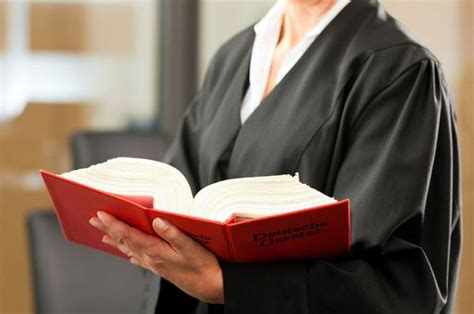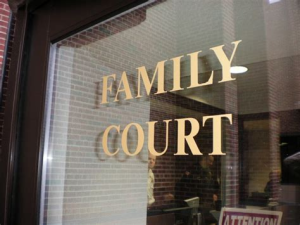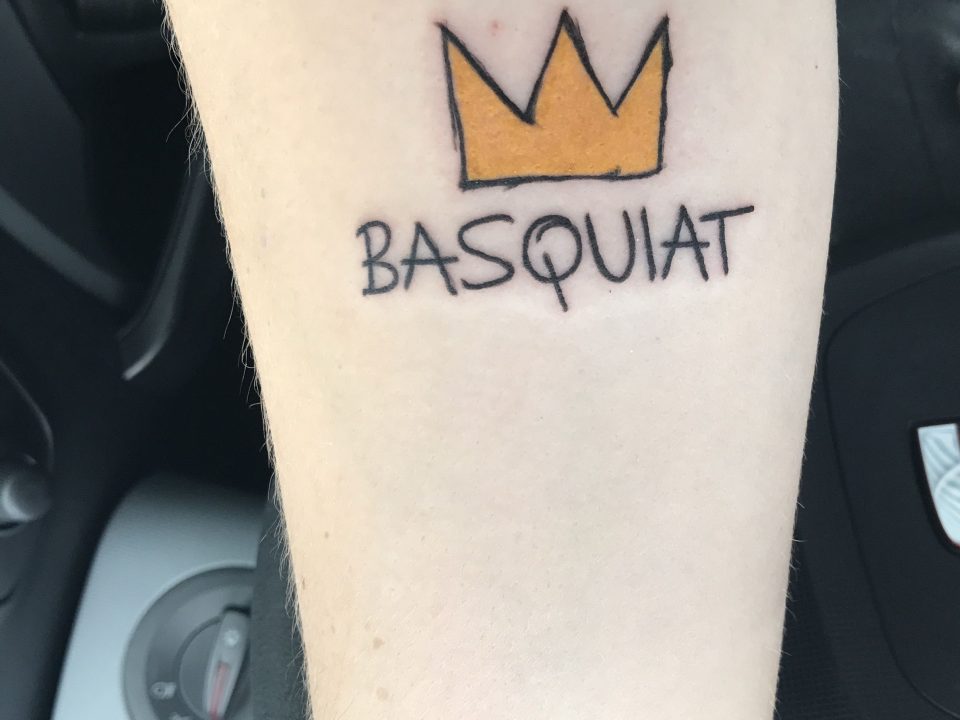
How to make minecraft fertilizer?
October 9, 2021
Have you been scared by ‘IT’?
October 12, 2021If you have cause to visit a family court for whatever reason, it can be a daunting experience. There are lots of professionals whose role might not be immediately obvious and it can be confusing to know who is who inside a busy courtroom. To allay some of the confusion, here are the people you might meet while at a family court:
Judge – This is the main legal professional who will preside over the cases before him or her. There are 3 different types of judges that can work in a family court. A district judge is the most likely to preside over family law matters. A circuit judge might be called upon in cases considered more complex. A magistrate might also sit on a family law case and they are lay people from the local community with no legal background but who are advised by legal advisors.
Barrister – This is someone who will represent one of the parties. They can advise on legal rights, draw up documents, negotiate on your behalf, represent you and attend hearings on your behalf.
Solicitor – This is another professional who takes instruction from a client and can represent their legal needs in court. For help from Family law solicitors Gloucester, visit https://www.deeandgriffin.co.uk
Advocate – This is a person who represents the needs of a child. They help ensure that a child is treated fairly and is represented in meetings and hearings. A family might be allocated an advocate by social services but normally an advocate would be allocated when a child is being looked after by a local authority.
Mediator – This is a professional who will help families to talk to each other about their differences and try to help mediate a solution. It is now a requirement that families must attend a mediation appointment before any application can be made to court for certain orders, including child arrangements and parental responsibility orders.
Court Usher – These are employees who work for the courts service and whose responsibility includes ensuring all attendees are present and have the correct details as well as making sure hearings go smoothly and the right people are present.
Support Through Court – This is a charity that families can contact who offer support for those going through the court process. They are not able to offer legal advice but can assist with practical guidance.
McKenzie Friend – This is a person who you can bring to court with you to provide moral support. They are able to speak to you during proceedings and help with paperwork or take notes for you, for example, but they are not allowed to speak to the judge. It can be another family member, a friend or a colleague. It is normally expected that the judge is informed if you are bringing a McKenzie friend with you and these requests are not normally declined except in exceptional circumstances.






